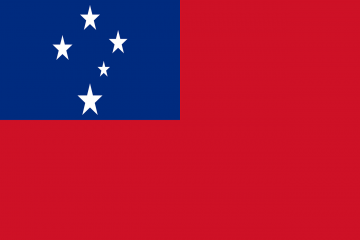During the current Covid-19 crisis, the OER Foundation (OERF) has had the opportunity to test the scalability of its OERu delivery platforms like never before. As well as leading the OER4Covid initiative alongside the Commonwealth of Learning, with 1,349 participants from 89 countries, the Foundation conducted a short online survey to find out what support people really needed, and how best to provide this.
Between 21 April and 5 May 2020, 711 responses were received, from participants in 85 countries. With 91% of schools and 93% of post-secondary institutions under lockdown, 86% of respondents were working from home. Not surprisingly, only 14% of respondents reported no stress under Covid-19.
All potential interventions suggested in the survey were rated as helpful, with the top 5 being:
- Free online courses to support capacity development for educators in OER and open educational practices (46% rated as “Extremely helpful”)
- Access to open source software tools (44% rated as “Extremely helpful”)
- Free access to web-conferencing tools for synchronous communication for OER4Covid collaborators working together (41% rated as“Extremely helpful”)
- Curated list of recommended resources to support the transition to online learning using OER (39% rated as “Extremely helpful”)
- Access to OER-enabled online courses for local use at your institution (36% rated as “Extremely helpful”)
In response to the top-ranked need for capacity development, the OERF joined forces with the Commonwealth of Learning (COL) and the International Council for Open and Distance Education (ICDE) to offer a facilitated cohort of the OERu’s micro-course: ‘Open Education, copyright, and open licensing in a digital world’. This record-breaking cohort attracted 2450 learners from 79 countries. Over the facilitation period of 3 weeks duration, learners were supported by 124,085 automated emails, providing course instructions and guidance .
The OERF also responded to additional COVID-19 priorities, including:
- providing access to Free and Open Source Software (FOSS) community tools,
- implementing a BigBlueButton webconferencing service, with funding support from the New Zealand National Commission for UNESCO, and
- sharing its call for recommended support resources.
The numbers achieved demonstrate that the OERu’s totally open source based Next Generation Digital Learning Environment ( NGDLE) provides a readily available, scalable and sustainable option for institutions wishing to implement a wide range of OER-based initiatives. It is worth noting that the OER Foundation has only two full-time staff.
Image credit: Plants and sky by Kmarius published under Pixabay License.

